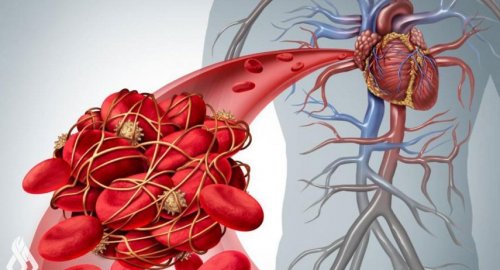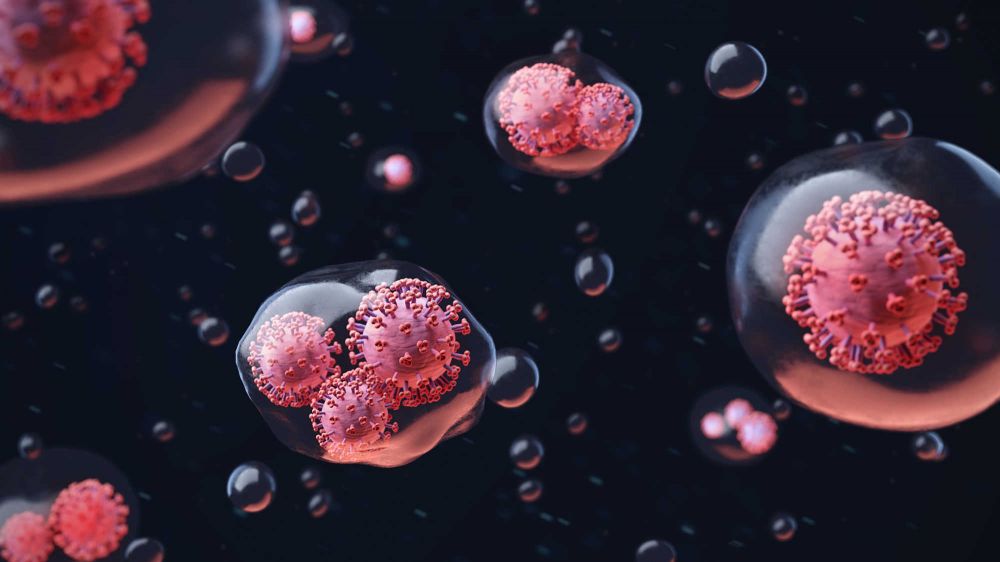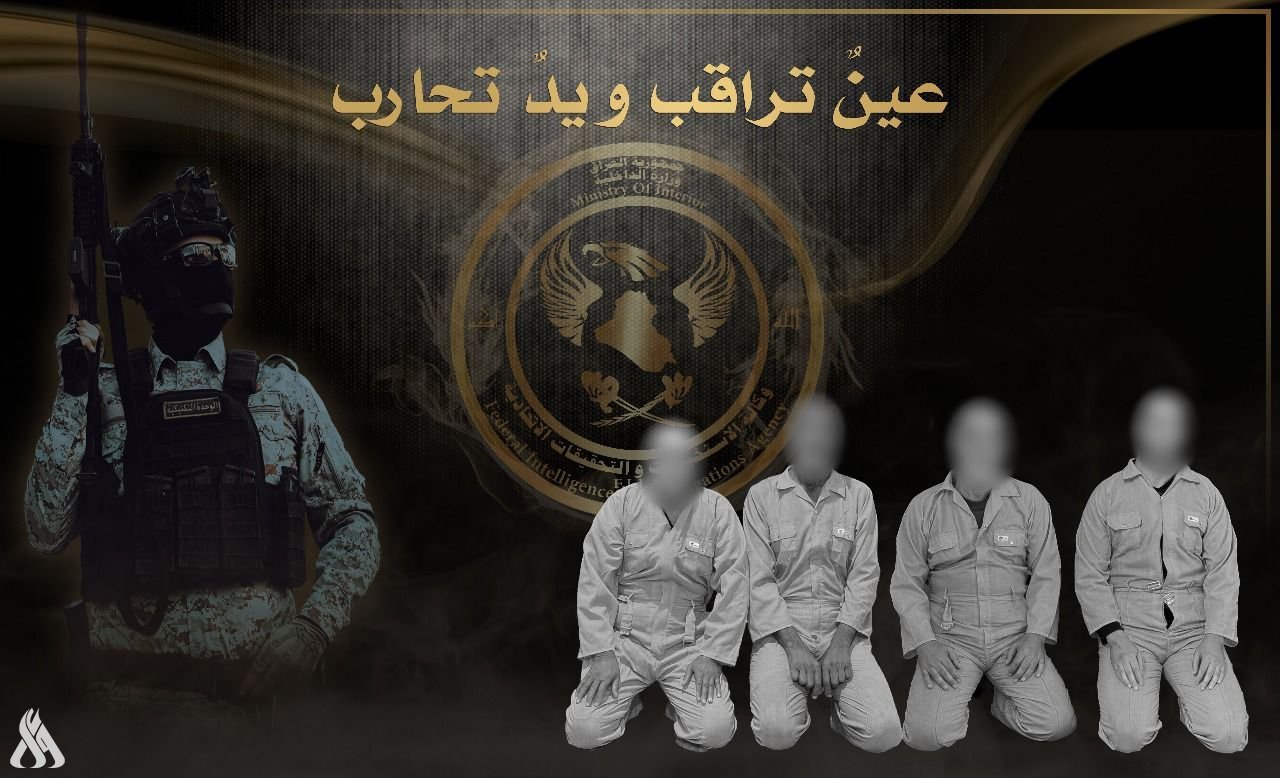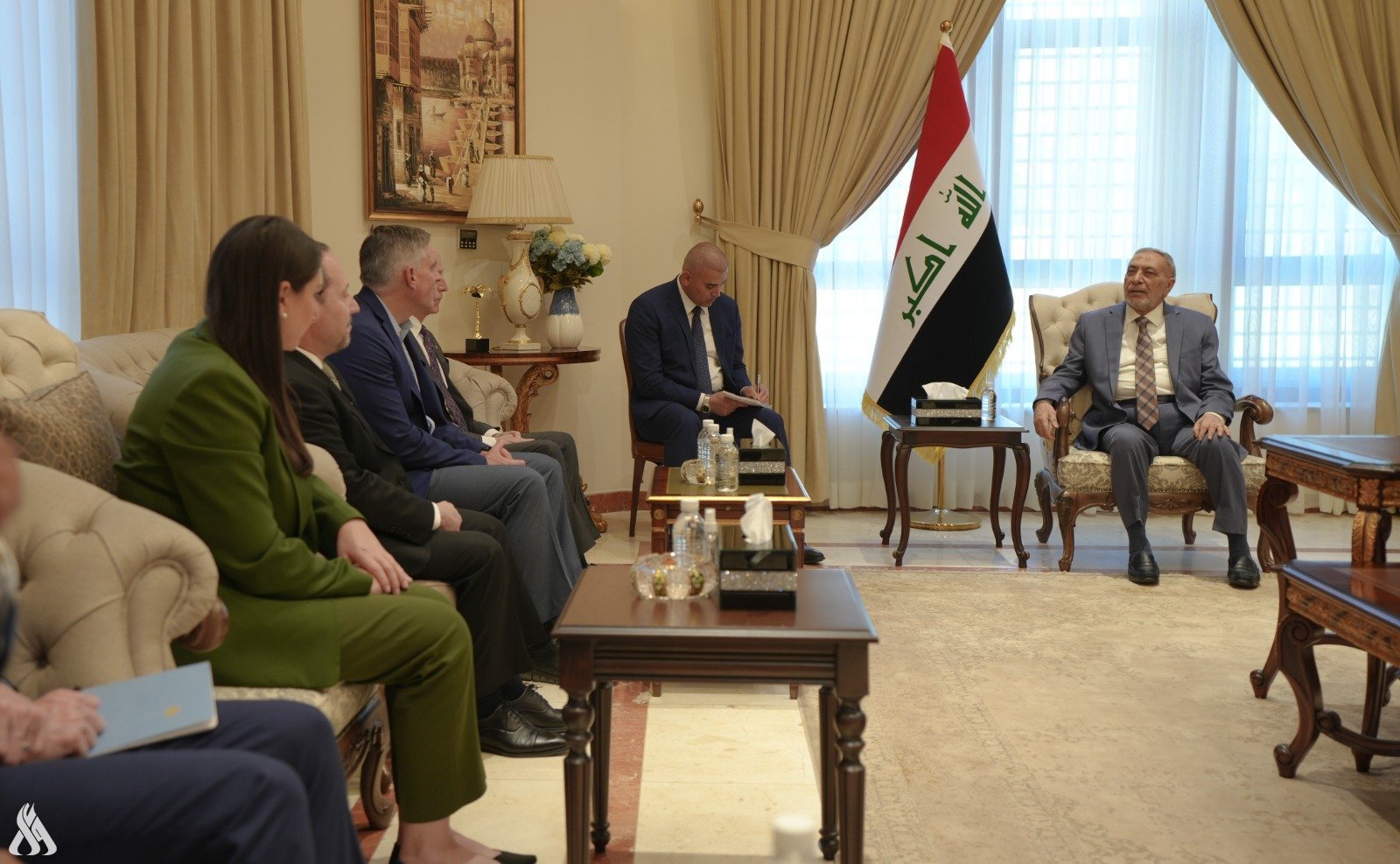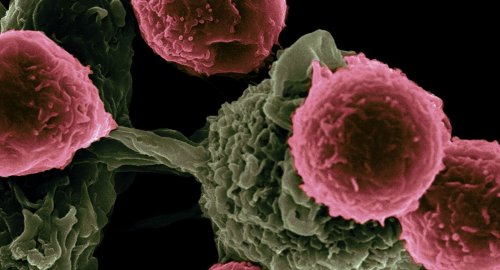
New cancer-fighting discovery identifies patients who respond better to T cell immunotherapy

International
- 10-09-2021, 09:04
INA- SOURCES
Scientists have found a way to determine which patients will react better to a form of treatment known as immunotherapy, according to a paper published in the journal Nature Communications.
The researchers from the Christie NHS Foundation Trust in Manchester found that patients with T cells already in their tumours reacted better to the therapy.
T cells are a type of immune cell, and some immunotherapy treatment entails patients receiving doses of T cells.The team hopes the discovery will help them better target the patients who will respond to immunotherapy, as it has previously been hard to tell whether the medication will work.
Dr Sara Valpione, 38, the consultant oncologist who led the research team, said the presence of T cells in tumours suggests the body's immune system has tried fighting the cancer - and lost.
"If you imagine cancer being like a war zone, there are the evil guys - the cancer cells - and the good fighters, which is our immune system," she said.
"Cancer cells are very similar to our own body cells, but they differ because something goes wrong, they have broken pieces, and the immune system can recognise these broken pieces inside the cancer cells.
"The beauty of T cells is that they are very highly specialised to recognise broken things, and each single cell can recognise one specific broken thing.
"So, when one of these soldiers recognises a cancer cell, the first thing they do is to clone themselves, to multiply, to create a small army to recognise the broken piece and kill those cancer cells.
"The question behind this work was - if we see that there are already these squads of identical T cells, does it mean that a fight has already started?
"And we saw that when there are these small squads of identical T cells, the patients have a higher chance of responding to immunotherapy, which is really a breakthrough treatment.
"The problem we have had is that we don't know which patients have cancer that is going to respond to immunotherapy, and which patients will not respond and are receiving potentially very toxic drugs."
Dr Valpione added: "Maybe in five or 10 years we will have another drug or we will be able to perfect therapies where you infuse T cells, you infuse the soldiers, and maybe we will be able to perfect these soldiers.
"That is the dream."
Around 200 patients - mostly melanoma sufferers - were used in the study.
Cancer Research UK's chief executive, Michelle Mitchell, said: "These results are really encouraging to see.
"Immunotherapies are an incredibly important area of research with the potential to make a real difference to patients.
"While these findings are early research, they add to our growing insight into how to better treat patients with immunotherapies, helping us predict who will respond more to those treatments."
The research team from The Christie included Professor Paul Lorigan, Dr Avinash Gupta and Luca Campana and the team at the Cancer Research UK Manchester Institute.
SOURCE : SKY NEWS
Duhok of Iraq and Qadsia of Kuwait match kicks off
- Sport
- 25/04/15
Four Daesh terrorists detained in Salahuddin
- Security
- 25/04/14
Two ISIS hideouts destroyed, killing those inside in Salah al-Din
- Security
- 25/04/13
